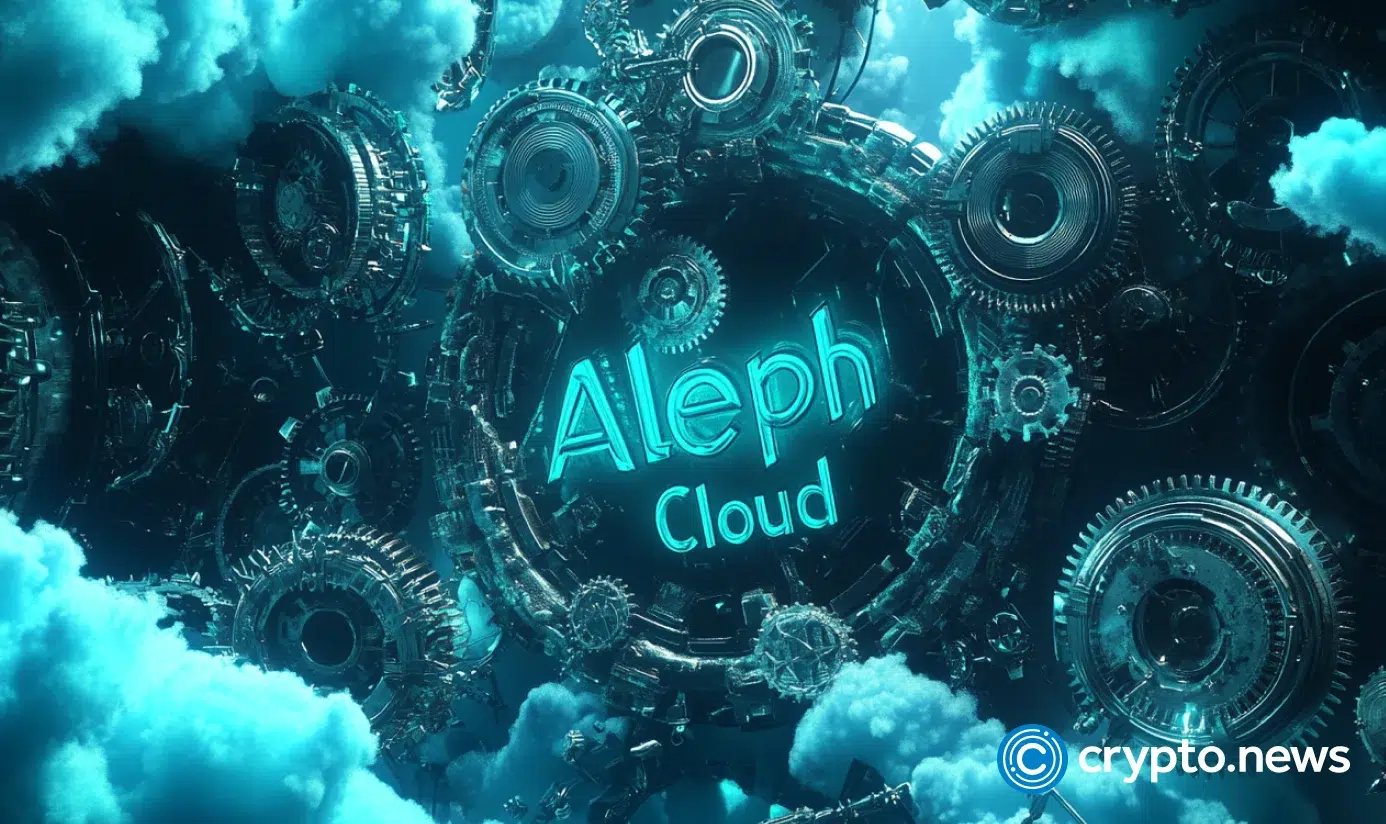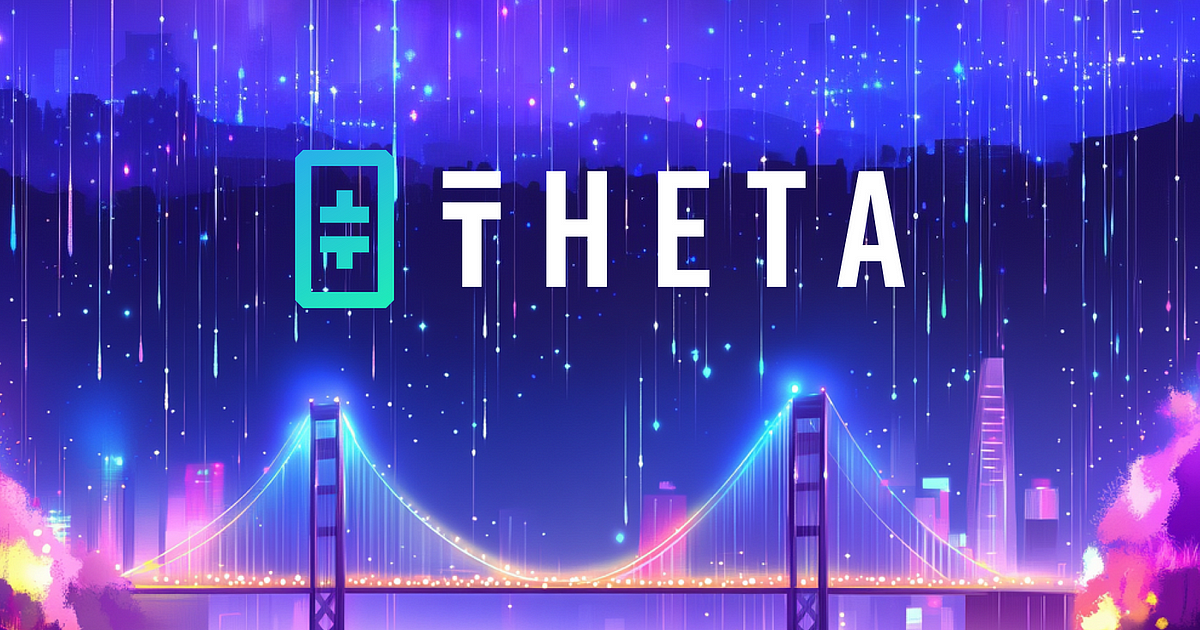Theta Labs Partners with Seoul Women's University to Boost AI Research with Decentralized GPU Computing Power

Theta Labs has partnered with Seoul Women’s University to provide its AI research lab access to Theta EdgeCloud’s decentralized GPU computing power. This collaboration aims to enhance AI research in healthcare, bioinformatics, and finance by reducing costs and boosting computational power. Theta EdgeCloud, built on the Theta Network, offers scalable GPU computing resources for various applications, thanks to its distributed network of over 30,000 nodes. The partnership with SWU exemplifies how decentralized infrastructure networks like Theta EdgeCloud can solve real-world problems, particularly in reducing costs and increasing research productivity. By leveraging Theta’s decentralized GPU network, universities can overcome financial and logistical hurdles in AI research, leading to increased innovation and democratization of AI research. The DePIN sector, which includes technologies like Theta EdgeCloud, is experiencing rapid growth, with Messari predicting a market value of $3.5 trillion by 2028. Early-stage DePIN projects have attracted significant venture capital funding, with over $246 million raised across 70 deals by August 2024, marking a 296% surge year-over-year.
Related News





